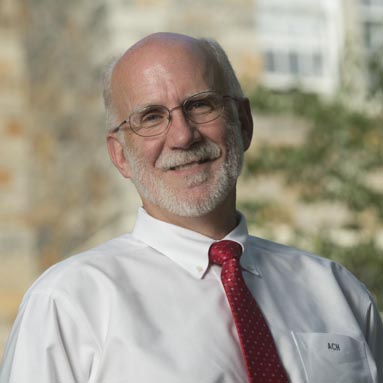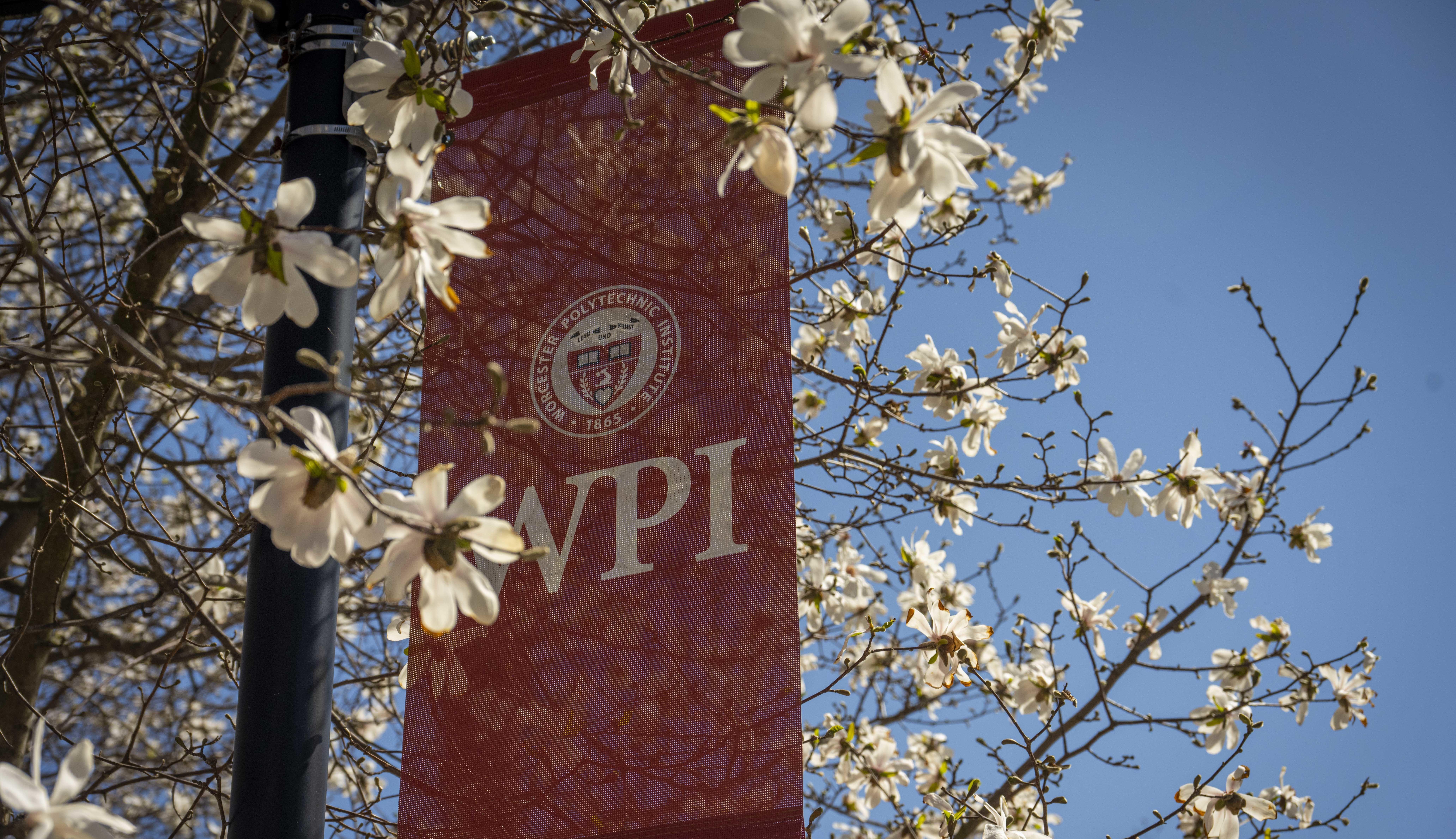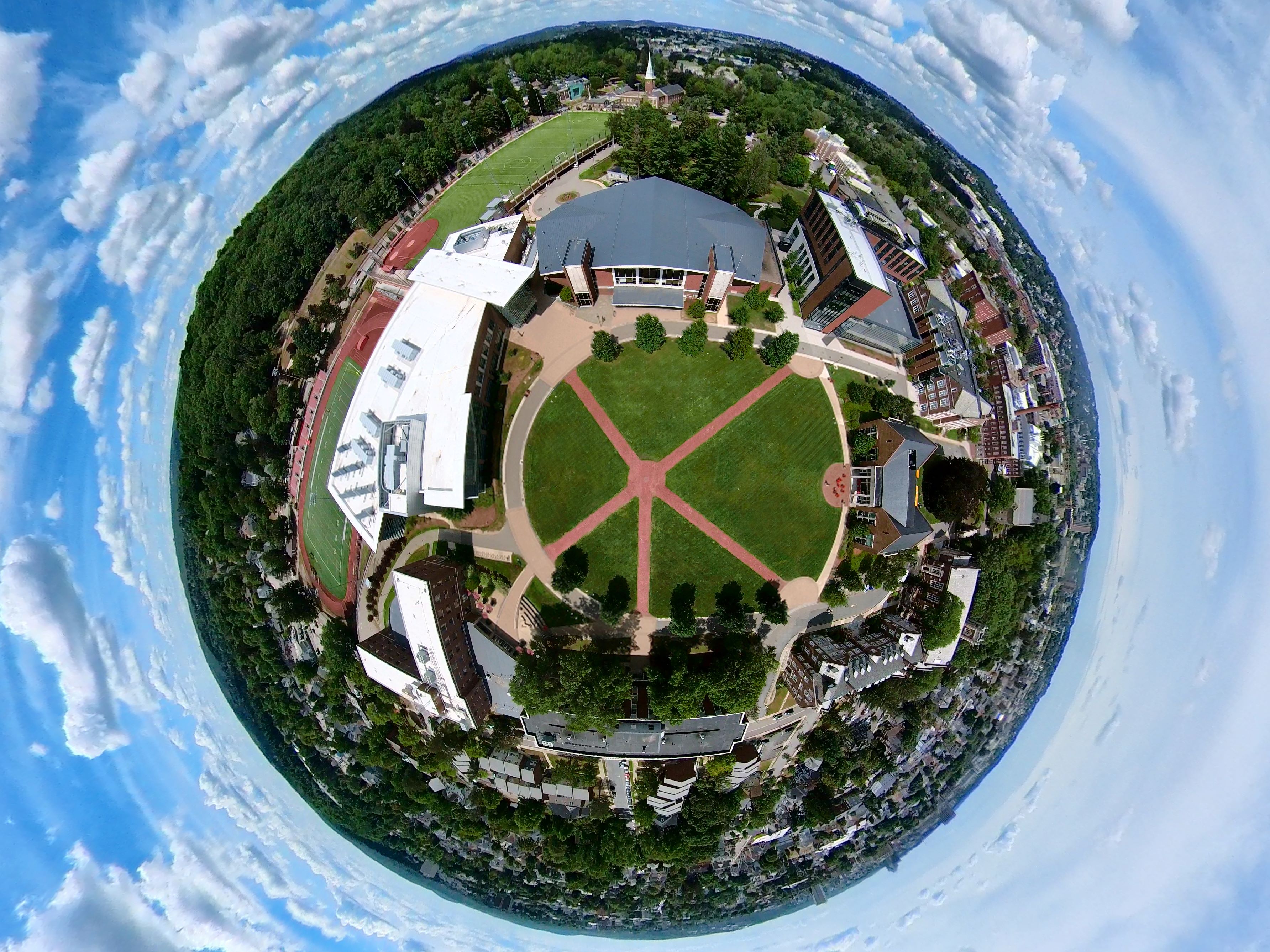To help meet the demand for the content being delivered through its Institute on Project-based Learning, Worcester Polytechnic Institute (WPI) will, for the second year in a row, offer the intensive program which was designed to help other colleges and universities learn to implement best practices in project-based education on their own campuses.
Offered again in partnership with the Association of American Colleges and Universities, the 2016 Institute on Project-based Learning will be held June 22–25. The two-and-a-half-day program will guide teams of faculty and administrators from other institutions in adapting WPI’s successful model for their own course curricula. Attendees will learn best practices in project-based learning so that they might also engage students in powerful learning experiences that not only prepare them for the real world, but have demonstrated value for graduates in the job market.
WPI was among the first universities in the United States to incorporate project-based learning in its undergraduate curriculum; when it launched the Institute on Project-based Learning in 2015, 38 institutions applied. WPI hosted 90 participants from 17 local, national, and international colleges and universities—including educators from liberal arts, technical, and community colleges; state universities; and institutions of higher education in India and Saudi Arabia.
"WPI students have benefitted from a rigorous education built around project-based learning that not only exposes them to real-world problems, it challenges them to be strong leaders, innovators and change agents," said WPI President Laurie Leshin. "We find this approach to teaching and learning invaluable to the development of engaged, capable, and passionate students. Because we do believe so strongly in this approach to education, we created the Institute on Project-based Learning so we could share our model with other academic institutions who are also seeking to provide their students with the kind of experiential learning that can change lives—for the betterment of all."
WPI launched a global component to its project-based curriculum in 1974 and now sends students to more than 45 project centers around the world, where they work in teams on their required projects under faculty direction to focus on issues such as energy, food, health, and urban sustainability. A recent WPI study revealed project-based learning has significantly impacted the professional abilities, interpersonal and communications skills, and professional advancement of alumni, and has also enhanced their world views.
"The study confirmed what we had believed for decades," said Richard F. Vaz, dean of interdisciplinary and global studies, "that giving students a social context in which they can apply what they have learned has enormous benefit to their personal and professional lives. Many students come to WPI expecting to be prepared to get good jobs when they graduate, but they’ve found their project-based education has given them much more: They are more sophisticated, more well-rounded, and therefore much better prepared for whatever the world throws at them."
Under the direction of Vaz, the 2016 Institute on Project-Based Learning will feature WPI faculty and staff members helping participants develop strategies for integrating project-based learning into their own curricula. Participants will partake in interactive group activities as well as workshops centered on such subjects as faculty development, integrating project-based learning into STEM courses, and partnering with external organizations for project-based learning.
"WPI has a model for undergraduate education that almost any other institution of higher education could learn and benefit from," said Vaz, who says he helps host the Institute on Project-based Learning "because I think it will make higher education better across America."
In 1970, the university launched the WPI Plan, an approach to learning that requires students to apply acquired skills and abilities to solve real-world problems as they complete projects across all four years, including two significant capstone projects. In the Interactive Qualifying Project (IQP), students work in small teams under the guidance of faculty advisors to identify and develop recommended solutions to problems that lie at the intersection of science, technology, and societal issues and needs. The Major Qualifying Project (MQP) requires students to address and solve real-world, professional-level problems in their major discipline. Students also complete projects in the humanities and arts, and in first-year seminars focused on the world’s most pressing problems.
"Through their projects, students become much more aware of how their discipline—be it engineering, computer science, arts and humanities, or any other—applies to real-world problems affecting real people," said Arthur Heinricher, WPI’s dean of undergraduate studies. "Using their critical thinking skills, knowledge, and creativity, they learn to work as professionals in a team environment. Many tell us their projects are life changing."
This year’s keynote speaker will be Randy Bass, vice provost for education at Georgetown University and founding executive director of Georgetown’s Center for New Designs in Learning and Scholarship.
Applications for the 2016 Institute on Project-based Learning are due February 15, 2016. For details, visit this page.




